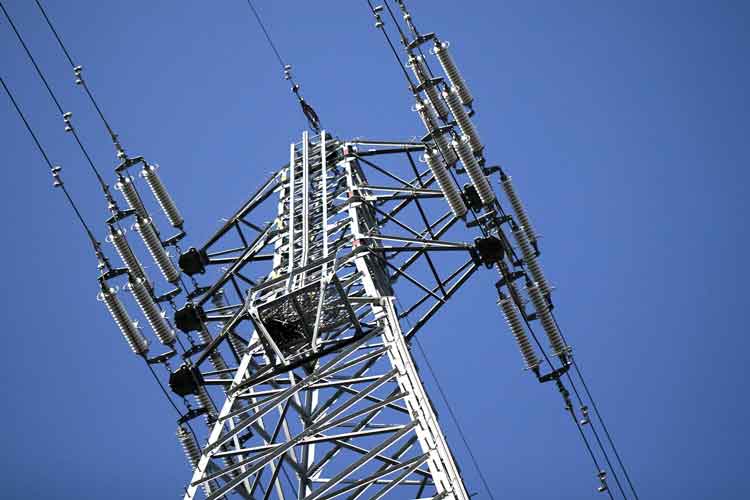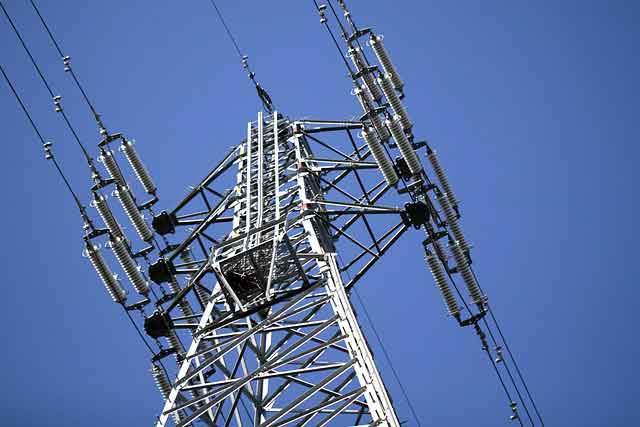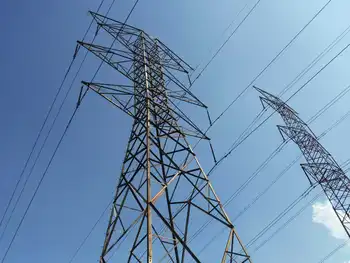India defers on nuclear liability bill
By Industrial Info Resources
Substation Relay Protection Training
Our customized live online or in‑person group training can be delivered to your staff at your location.

- Live Online
- 12 hours Instructor-led
- Group Training Available
Indian Prime Minister Dr. Manmohan Singh held discussions with leaders and members of various opposition parties to convince them to pass the bill. However, the discussions failed and the government decided to defer the bill. The nuclear liability bill is mandatory for U.S. companies to commence nuclear power operations in India. Singh is keen to pass the bill before his trip to the U.S. next month. An amendment to allow private participation in the nuclear power sector will be made in the Atomic Energy Act only after the bill is passed.
The nuclear liability bill is the first step in opening the doors for international private investors to India's nuclear power sector. In case of an accident, the draft bill puts a claim limit of $65 million against the operator of the nuclear power plant, while the government and an international fund will pay $463.5 million each. Sources have indicated that if the bill is not passed, private players may have to face unlimited liability in case of accidents, which will not be feasible financially.
India is not a member of the Convention on Supplementary Compensation for Nuclear Damage (CSC). In 1997, at the "Vienna Convention" held at the headquarters of the International Atomic Energy Agency, about 80 countries agreed to adopt the CSC and amend the Civil Liability for Nuclear Damage protocol. In the event of an accident, the protocol sets the liability of the operator at about $400 million, including roughly $300 million for special drawing rights. The CSC defined and identified additional payouts by government agencies based on nuclear power generating capacity and assessments provided by the United Nations.
Sources indicate that several U.S. companies, including Westinghouse Electric LLC and General Electric, are awaiting the nuclear liability legislation to come into effect to begin operations in India. France and Russia also are supporting the law, as it puts a limit on operator liability. In the absence of the bill, domestic players also will be unwilling to enter the nuclear power sector for fear of the unlimited financial liability. It will be difficult to secure insurance too, since no insurer will be ready to cover unlimited financial liability, even at a higher premium. The bill aims to protect operators from large, open-ended claims, which could leave the company bankrupt.
Experts have observed that the draft bill is in line with that followed by 28 countries that produce nuclear power for civilian use. Private sector participation is critical to meet India's nuclear power generation targets. By 2020, the country plans to increase its atomic energy production capacity to 20,000 MW. Industry experts claim that the main reason for the opposition is the liability cap for operators. There is concern that operators and suppliers will pay limited compensation, while the public will have to bear the huge remaining cost. Experts have indicated that many countries amend the financial limit set for operators from time to time. Currently, all nuclear power plants operated by the state-owned Nuclear Power Corporation of India Limited (NPCIL) have been built indigenously. In the event of an accident, the government will have to bear the entire liability.
The issue of accident liability is significant in the Indian scenario. The 1984 gas disaster at Bhopal in Madhya Pradesh is one of the world's worst industrial accidents, having claimed 10,000 lives in three days. Methyl isocyanate and other toxins leaked at the pesticide production facility operated by Union Carbide Limited.
Since 1984, about 8,000 people have died of various diseases related to the gas leak.
There are several criminal and civil cases in India and the U.S. against the company, which is now part of The Dow Chemical Company. However, Warren Anderson, the then-chief executive officer of Union Carbide, is pending arrest, and there have been no prosecutions to date. Union Carbide offered a compensation of $370 million against a claim of $3.3 billion made by the Indian government. After negotiations, Union Carbide made a full and final payment of $470 million.











